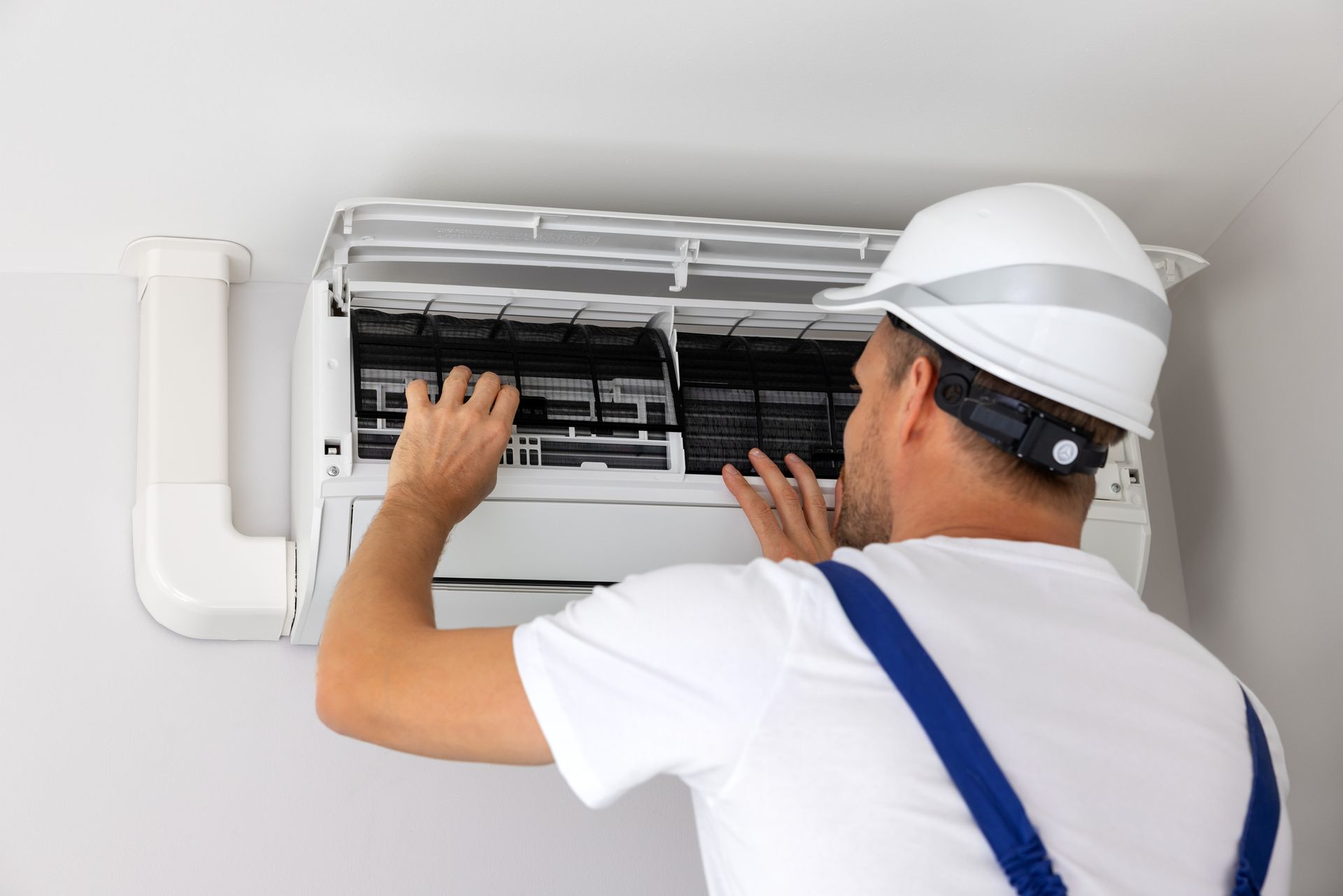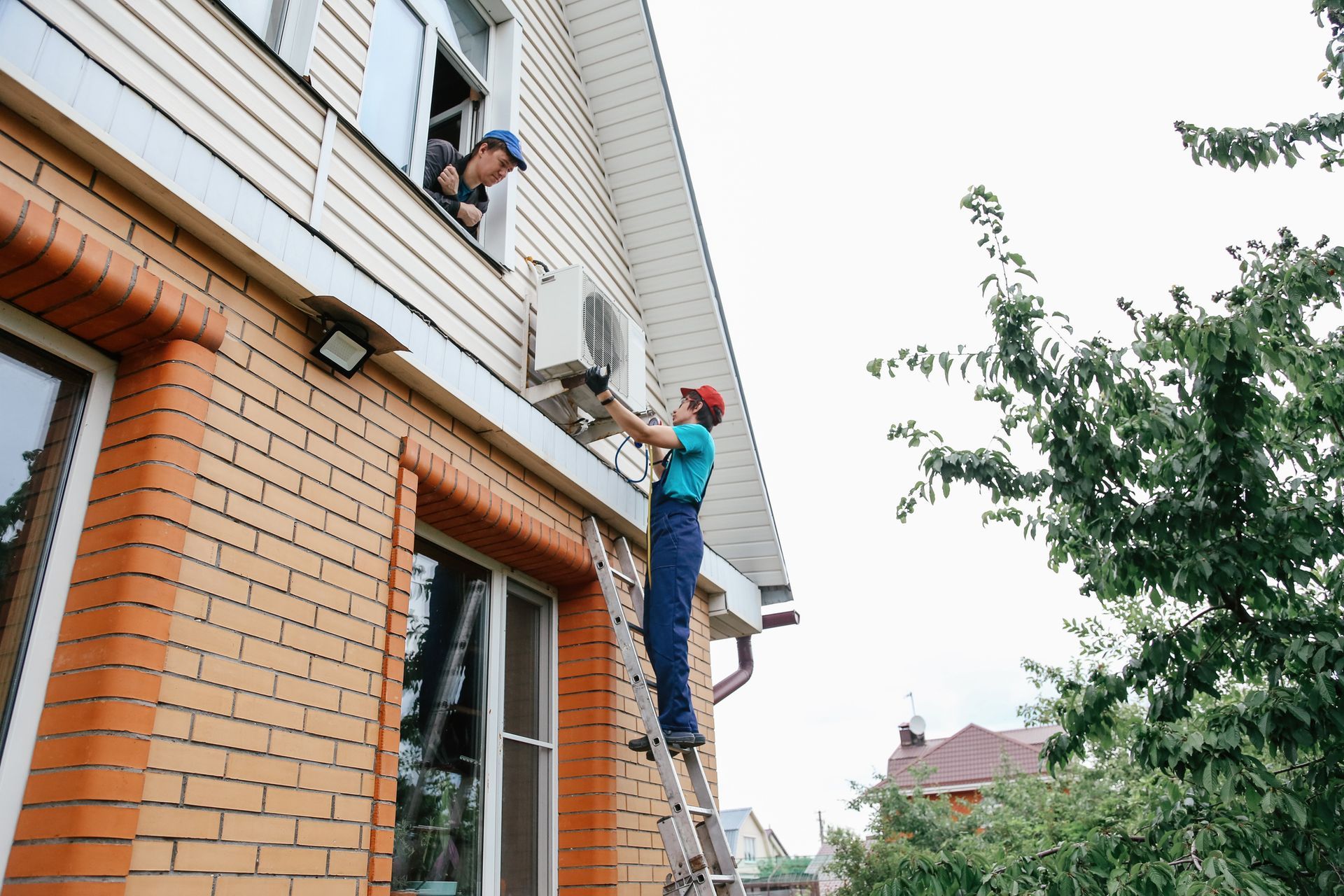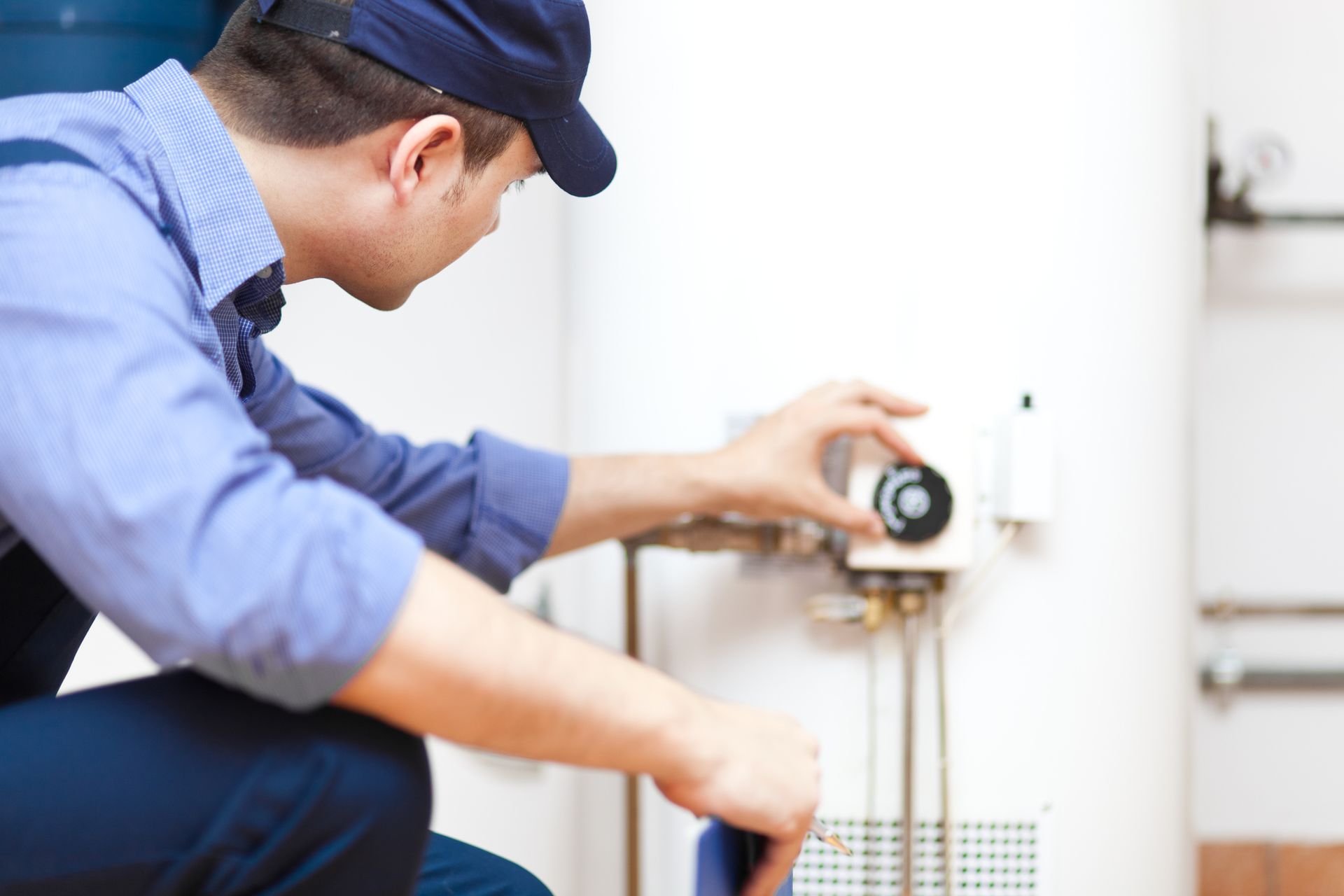Blog

Fredericksburg, VA, and the surrounding area can get hot and humid in the summer. In order to stay comfortable in your home during the hottest and most humid months of the year, you might need to run your air conditioner all day and night. Since much warmer temperatures are right around the corner, you need to make sure your air conditioner runs at optimum capacity. If the AC does not work properly, this could be due to a number of reasons. Some problems will require air conditioning repair, but other situations may call for a complete replacement. Knowing when to either make repairs to your air conditioner or replace it is often a difficult decision. To help you with this, here are five things you should know about AC replacement. 1. Know How Long Air Conditioners Last One of the first things to figure out is how long you have had your air conditioner. If your AC unit is older, a replacement is likely necessary. Most air conditioners last between 10 and 15 years . Not only do older air conditioners require frequent repairs, but also they are not as energy-efficient, which are the main reasons to replace your old one. Another reason to replace it sooner rather than later is that not having reliable AC in the hot and humid weather could be detrimental to your health. 2. Know the Signs for AC Replacement Besides knowing how old your air conditioner is, other telltale signs that AC replacement might be near include: It makes strange sounds. It does not blow out cold air right away or any air at all. It blows out foul-smelling air or has a burning smell. If you notice leakage around your unit, the refrigerant likely has a leak. Refrigerant contains Freon, which is considered a toxic substance. Exposure to refrigerant can cause health issues, such as respiratory problems, dizziness, headaches, and even organ damage. 3. Know the Cost of AC Replacement Like most home appliances, air conditioners vary in cost, which usually depends on the brand, size, and type of unit. If you replace your central air conditioning system, the price could cost anywhere between $3,350 and $5,912. The national average is $4,631. If you simply replace your window unit, the price could be as little as $234. A brand-new ductless mini split air conditioner ranges in price from $660 to $4,500. 4. Know How a New AC Unit Can Help You Save Money Even though you may have to pay a lot of money upfront when you replace your air conditioner, a new one will save you money in the long run. This is especially true if you get a new air conditioner with a higher Seasonal Energy Efficiency Ratio (SEER) rating than the one you currently have. Depending on the SEER rating of your old air conditioner compared the new one, you have a huge potential to use less electricity and reduce your energy bill. In some instances, new energy-efficient air conditioners can save you up to $300 a year on energy costs. To save the most amount of money possible, make sure you get the right size air conditioner for your home. Additionally, if you install a new central air conditioner, a programmable thermostat can also help you save money. 5. Know Who to Contact about AC Replacement If you need to replace your air conditioner, call the professionals at I.C.E. Heating & Cooling, L.L.C. Along with air conditioning repair, our HVAC company can help you with all of your air conditioning needs, including installation, maintenance, and troubleshooting. We are also always happy to answer your questions about your AC needs as well.










